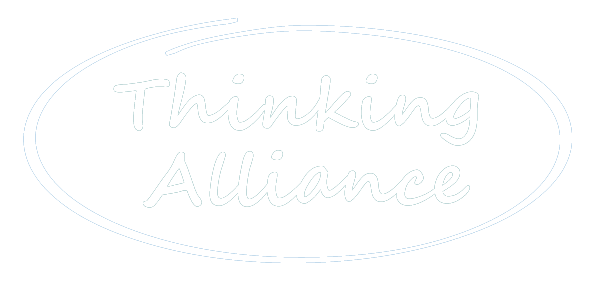02 Jan How to set and achieve goals: what I learned from running 1000 miles last year
On 31st December I ran six miles. Nothing special you might think, but they were the last six of the 1000 miles I’d decided to run last year. Thanks to Parkrun, my husband and sons ran the last three with me and it felt like a great end to the year. So what did I learn along the way about how to set and achieve goals?
- Set the right goal. I was instinctively drawn to the 1000 mile goal after reading about it in Runner’s World. Not just because it’s a lot of miles but because it required consistency – 20 miles per week – and a measured approach to avoid getting injured. To me it was a foundational goal, from which many other positives about nutrition, sleep and planning automatically followed. The other important aspect was its intrinsic nature. It wasn’t about winning a race, which would also depend on the performance of other competitors. These were my miles, and down to me alone to run them or not.
- Know Why. Goals need to be positive and personally compelling. Because whilst getting started is relatively easy, maintaining momentum week in, week out is a challenge. If I hadn’t been clear why my goal was important, it would have been all too easy not to bother. For me, especially after having eased off slightly too much in the summer, I realised I really wanted to get to 1000 miles this year. It’s a goal I’d set for the previous two years but had missed once due to a late start and once due to injury. This year, no excuses. For how long would I be setting this goal and not achieving it? What kind of runner or coach would I be if I couldn’t even meet my own targets? Proving to myself that I could meet the goal became the driving ‘why’ for the last few months.
- Plan small steps. One thousand miles looks a very long way in January. It can be daunting to look at the whole thing at once. But 20 miles in a week isn’t so bad. And five miles today is certainly possible. So just think about five miles today. And then tackle another five tomorrow or the day after. And by the end of January there will be about a hundred miles already in the bag.
- Build it with habits. Each time you have to ask yourself whether or not to do something, there’s a chance you’ll say no. So I find that the trick is to use habits and routines for unquestioning, automatic ways to make consistent progress. I always put my running clothes out the night before. I plan three shorter runs on Tuesday, Thursday and Friday and a long one at the weekend. I know local routes for all the distances I run. By taking thought and questioning out of the equation, I can just get out and run.
- Measure progress. Some goals are more measurable than others. Miles run is clearly simple to track. But I could also have crossed days off the calendar to track a streak, or journalled daily reflections on what I’d learned. The point is, if your goal is intended to be a destination, it’s a good idea to have a sense of whether you’re getting there and what’s happening along the way.
- Allow wiggle room. No day is perfect. No week goes as planned. Every once in a while, there’s no progress. That doesn’t have to mean abandoning the whole thing. I had weeks when I hardly ran. But because I knew my why and knew how far I’d come, I just acknowledged the slips, learned what I could from them and picked up again.
- Tell others. Many people do this at the start. And that can be a great way to create momentum. For myself, I knew finishing would be tougher than starting. So it was in December that I started letting friends and family know about my goal and posting the miles left on Facebook. That helped me make sure I fitted the last miles in around the festivities instead of subsiding into the sofa.
- Celebrate success – and learn from it. It’s all too easy to roll on to the next thing without acknowledging what we’ve done and how we did it. I’ve already got miles on the clock for this year’s 1000. But I also high fived my family, and I’m writing this blog to prompt my reflection and learning. I’ll also be bringing my insights into my business goals for this year and look forward to blogging about that this time next year.
So, over to you. How will you be converting your new year’s resolutions into compelling goals that you can achieve through consistent progress? If you need help thinking things through, let me know.

